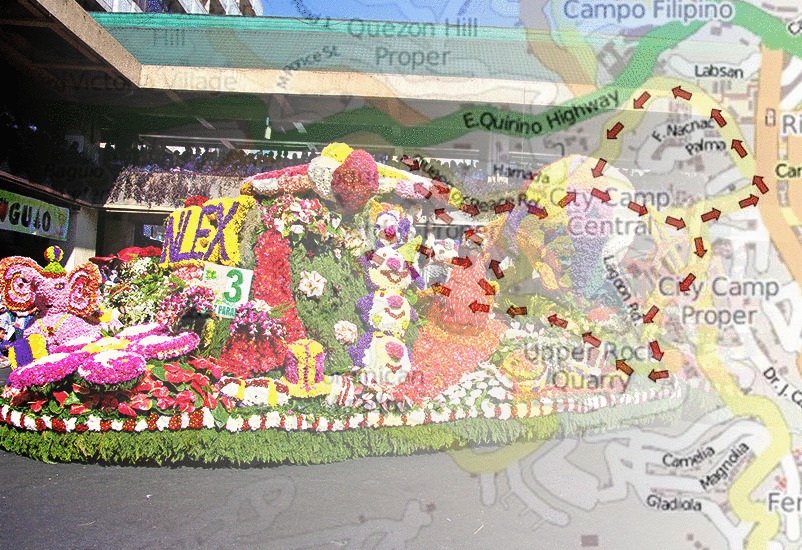Amor Orpilla lost her mother 17 years ago and her father five years ago, leaving her alone to continually cope with the fund and emotional requirements of trying to live on dialysis since her kidneys failed in 2010.
Seven years of undergoing thrice-a-week blood-cleansing with almost no one to lean on is no mean feat, but she’s not giving up. Not even with the latest medical finding that she has to undergo surgery to have her arteriovenus fistula repaired and converted to arteriovenous graft to so that she could continue with her life-time treatment.
Each time a patient undergoes dialysis, two needles are inserted in the vein, one drawing blood to the dialysis machine, and the other returning the filtered blood to the blood stream. This vascular access is termed fistula, and, in the case of Amor, this needs to be repaired at the National Kidney and Transplant Institute in Quezon City.
The patient was told she needs P70,000, a sum too difficult to come by for one who is continually struggling to raise money for her life-time dialysis pegged at P2,200 per session.
“I’m not giving up as life is beautiful even after seven years of dialysis,” she told this writer, taking on the title of “Life is Beautiful”, the Oscar award-winning film by director Roberto Benigni about a father’s effort to protect his son from the Holocaust and keep his faith in life intact.
Kidney patients undergoing twice- or thrice-a-week dialysis at the Baguio General Hospital and Medical Center have taken on the film’s title as a rallying point and guidepost in their life-time series of treatment that, now and then, is being given up by those squeezed dry of funds to sustain the same.
“I really don’t know how I survived this far, seven years into dialysis, even with my having to sometimes forego with self-respect and beg for support to maintain my blood-cleansing session,” Amor admitted. “I’ve approached all kinds of people – politicians and strangers I’ve been introduced to for the first time- just to raise enough for the next dialysis.”
“That’s why our group recently mounted a signature campaign to make dialysis free of charge, to free us patients from having to scrounge for funds or apply for support through the fund allotments of congressmen and senators to keep us alive,” she said.
The signature campaign was designed to convince senators and congressional representative to pool part of their annual medical fund so dialysis payments can be drawn from the pool without the patient having to apply for support from any of the legislators.
So far, two bills – one by Senator Sonny Angara and Baguio Rep. Marquez Go have filed separate bills making dialysis a free medical service. This practice is already being done in the United States, Canada and several other countries, given the fact that deialysi is an emergency, a life-saving procedure.
Here, some patients who could no longer sustain the costs give up, resulting in death.
People who would like to help Amor raise the amount needed for her fistula graft may call her cellphone number – 09202239912.
By: Ramon Dacawi.














